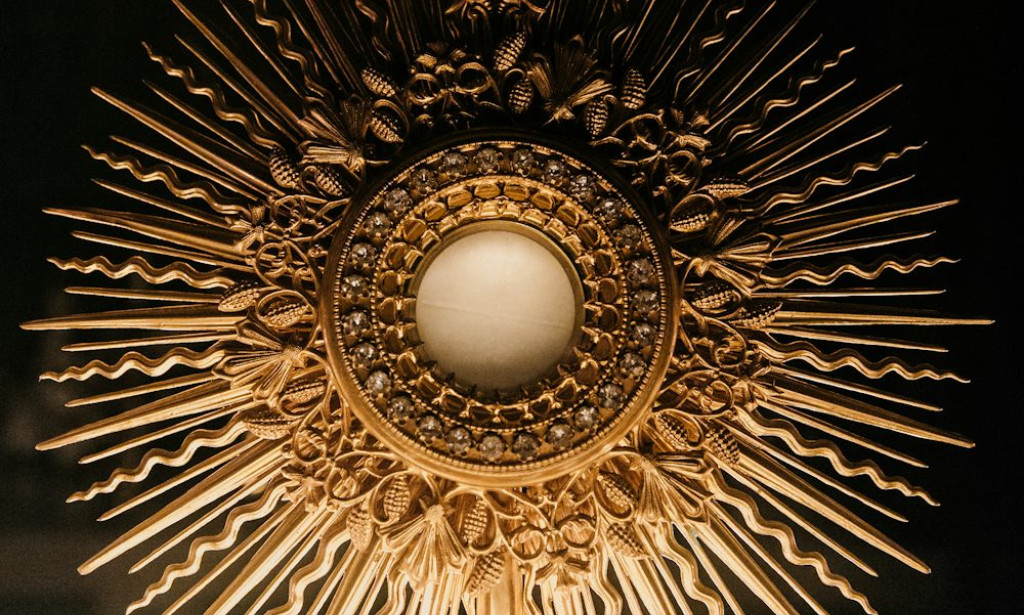In Christian belief, sin creates a barrier between humanity and God. While the concept of sin varies among different denominations, the necessity for purification remains a common theme. Purgatory is often viewed as an act of God's mercy, providing a necessary process for the soul to become pure and worthy of the divine presence.
The Nature of Purgatory
Purgatory is typically understood as a temporary state, unlike Heaven and Hell, which are seen as eternal. It is a place where souls undergo purification from their lesser sins—those which have not led to eternal separation from God but require atonement. This transformation can be understood as a painful yet restorative process, often cleansed through suffering akin to refining fire.
The Catechism of the Catholic Church articulates this state as one where souls "are purified after death,” allowing them to attain the holiness necessary to see God. While the Bible does not explicitly mention purgatory, various scriptures are interpreted to support its existence. Passages such as 1 Corinthians 3:15, which speaks of a person being saved "but only as through fire," are often cited.
Why Purgatory Exists
The underlying reason for purgatory revolves around the concept of divine justice and mercy. If a soul dies in a state of grace but still carries the weight of unconfessed venial sins or has not fully adhered to God's commandments, purgatory acts as a means for purification. It enables souls to be cleansed and more fully prepared for entrance into Heaven, where nothing imperfect can exist.
For many Christians, this doctrine emphasizes God's desire for salvation over condemnation. Rather than a final judgment directing souls straight to Hell, purgatory is seen as an opportunity for redemption and reconciliation. This concept offers comfort to the living, highlighting that loved ones who have passed may still have the possibility of attaining eternal joy through God’s grace.
The Role of Prayer and Intercession
In many Christian denominations, particularly within Catholicism, the living have the ability to assist souls in purgatory through prayer, masses, and acts of penance. The practice of offering prayers for the deceased is rooted in the belief that these acts can help expedite their purification process and lead them closer to Heaven.
Communal prayers, such as the Rosary or Mass Intention for the dead, become acts of love and compassion that connect the living and the deceased in a profound way. This belief fosters a sense of hope and continuity, affirming the notion of a collective faith journey that transcends earthly existence.
Conclusion
Purgatory represents a critical component of Christian eschatology, embodying the intersection of divine mercy and justice. As Christians grapple with the complexities of sin and redemption, this concept provides an essential understanding of the spiritual journey that leads to eventual eternal communion with God. While interpretations of purgatory may vary, at its core lies the hope and promise of purification—a testament to God's loving nature and the ultimate quest for holiness among believers.

You must be logged in to post a comment.